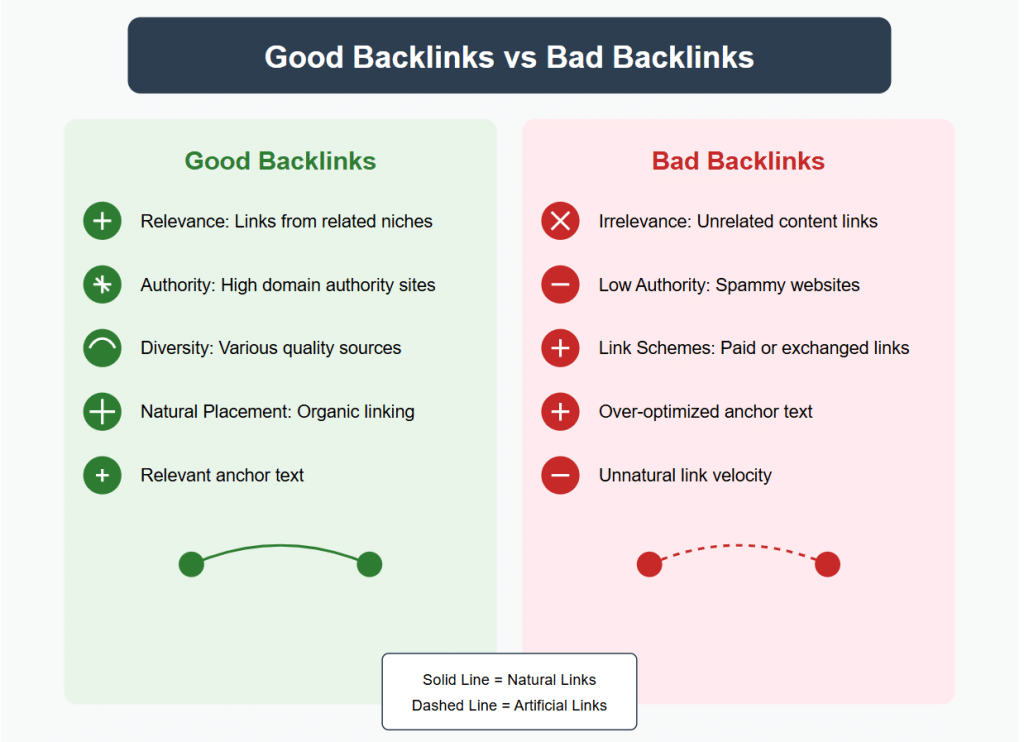When talking about achieving a high ranking on Google, people usually think about link-building and keyword optimization. However, SEO evolves just like other fields, and everything that could be used to strengthen your strategies is helpful.
Customer feedback is one of the aspects that’s often underutilized by businesses. Yet, the opinions of your customers can be leveraged in multiple ways, including the fine-tuning of your future content.
We’ll explore the importance of customer feedback, its different forms, and how to leverage it to improve your chances of ranking high on search engines.
What makes customer feedback important for SEO?
As all SEO experts know, Google prefers content that’s considered the most helpful and insightful. Writers and SEO specialists know about Google’s E-E-A-T, which stands for Experience, Expertise, Authoritativeness, and Trustworthiness.
How is this connected with customer feedback? Well, insights from customers can help businesses understand their pain points and provide them with an easy opportunity to create content that aims to solve their problems.
It can also help writers and SEO personnel understand their audience better. For example, if the majority of online discussions on a certain business come from younger audiences, they’ll be able to personalize their content better.
This can mean that the audience will be more interested in reading the content. Time spent on a page is a valuable SEO metric, according to numerous experts. To create better content, you can leverage your internal writers and freelancers or find SEO agencies, like Skale.
Writing services can help you with both creating better internal content and guest posts, which are essential for link-building.
Another important aspect of customer feedback is that it’s directly responsible for a better ranking. For example, Google will suggest businesses that have positive reviews, which means that good customer engagement and feedback can help you directly, but also indirectly through providing you with insights for better content
Types of online feedback
To understand how you can leverage customer feedback, you need to know where to find it. Some sources are more helpful than others, but it’s best that you combine them all in order to get the most benefits.
Website analytics
Tools like Google Search Console can help you with collecting so-called first-party data. You can use this form of feedback to understand user behavior, search queries, and engagement metrics for your website.
However, what’s tricky with website analytics is that you must be careful with cookies and compliance. You should explore the differences between server-side tracking vs client-side tracking, and understand how to gather insights into customer behavior in a transparent and compliant way.
Search queries, for example, can help you understand what questions lead users to a certain article. If an article on “Best SEO Tools” has the most queries involving how to pick an SEO tool, you can then move that section to the top of the article or improve it in order to increase engagement.
Website analytics
Tools like Google Search Console can help you with collecting so-called first-party data. You can use this form of feedback to understand user behavior, search queries, and engagement metrics for your website.
However, what’s tricky with website analytics is that you must be careful with cookies and compliance. You should explore the differences between server-side tracking vs client-side tracking and understand how to gather insights into customer behavior in a transparent and compliant way.
Search queries, for example, can help you understand what questions lead users to a certain article. If an article on “Best SEO Tools” has the most queries involving how to pick an SEO tool, you can then move that section to the top of the article or improve it in order to increase engagement.
Support tickets
One of the interesting and unique ways in which you can understand what’s considered wanted content is through support tickets. Depending on business size, you might receive dozens or hundreds of support tickets.
Businesses can understand common queries and problems associated with either their platform or services and create content that can provide solutions for their customers. If many tickets are directed towards certain problems, you can use this insight to create a customized article that solves them.
This can motivate businesses to create an FAQ page or a knowledge base, both of which solve problems and can improve SEO performance. Furthermore, such sections can also save time for your customer support team.
Online reviews
Online reviews are efficient at boosting search engine ranking on their own. However, they are also a valuable source of information for improving your content strategy — especially when tracked through reputation monitoring software that aggregates recurring sentiments.
Online reviews are great at highlighting common customer concerns and expectations, and they can also point toward certain features that users find valuable. Furthermore, online reviews are often consistent.
This means that different users will repeat similar problems or positive aspects associated with your business, allowing you to unequivocally understand what you should focus on.
Social media discussion
While social media is crowded with reckless opinions and hate, there are also a lot of valuable insights that can be found there. However, social media discussions include feedback in real time.
For example, you can find different opinions and insights in your latest promoted posts on Facebook, Instagram, or TikTok. While this feedback often isn’t constructive, it can still be helpful.
Social media can also help you understand your brand visibility and the audience’s sentiment towards your product and services.
Community forums
Like support tickets, community forums can provide you with more specific opinions and problems that users have. Platforms like Reddit, Quora, and industry-specific forums can have educated discussions that could really delve into your product.
Many people use Reddit and Quora to write deep dives into the product’s strengths and weaknesses, allowing you to understand what people find unique and important when it comes to your product and services.
Overall, these discussions can help you get a deeper understanding of customers’ needs, but they can also help with discovering new keyword opportunities.
Using feedback for SEO insights
Some of the actions you can take based on customer feedback are already suggested, but I’ll draw a few more conclusions. All of the previously mentioned feedback types can be analyzed and used to identify high-value keywords.
This can help you create new content or repurpose old articles. Sometimes, optimizing meta descriptions and headings with customer-driven keywords can be enough to start getting a lot of traffic toward your posts.
You can also explore the opportunities for creating video content and optimizing its descriptions and titles in order to help your audience solve problems quickly.
Valuable customer feedback and reviews can be repurposed as testimonials, allowing you to boost your credibility and get more trust. Metrics like time spent on the page or mouse behavior are important for improving your UI/UX design.
While at first UI/UX design seems like it’s not connected to SEO, it’s actually one of the important factors for ranking. By removing certain barriers and making the website more straightforward, you can boost your customer engagement, which will lead to a better ranking.
Measuring the impact of customer feedback on SEO
Leveraging new strategies for boosting your search engine rankings isn’t enough without the right results. It’s essential that you keep track of certain metrics to understand whether this practice is worthwhile.
Just like anything in SEO, the results won’t appear overnight. This is why it’s important to observe a website’s performance for months and years. One of the most important metrics is organic traffic growth, which can be observed through Google Search Console.
Of course, the next step should be examining keyword rankings and whether they’ve improved. This can be done manually, but it is tedious. Tools like Ahrefs and Semrush can help with this.
If the keyword rankings have improved, you’ve likely succeeded at implementing customer feedback for your SEO strategy. Metrics such as time on page, bounce rate, and pages per session, which are tracked through plugins and Google Search Console, help you understand whether or not users find the content useful.
A lower bounce rate and higher time spent on a page indicate better engagement. However, the bounce rate depends on the type of your page. Landing and service pages are supposed to have higher bounce rates.
While not directly an SEO metric, you should certainly track your conversion rates and understand whether content inspired by customer feedback leads to more sign-ups and purchases.
Online reviews and feedback can boost your website’s performance
For years, SEO experts have wanted to find a silver bullet in the form of a tool, concept, or strategy that will make their websites rank high. However, while many people pretend that they have such power, they’re often overselling it.
Different SEO strategies can significantly help your website rank better, and leveraging customer feedback is one of them, but it’s not a magical solution. It can help you create better content and get brand visibility, but it won’t make a failing business successful.
You should certainly explore the role of customer feedback on your SEO performance and understand what the blind spots of your content strategy are. Furthermore, reviews and feedback can also help you with creating better products or services.








